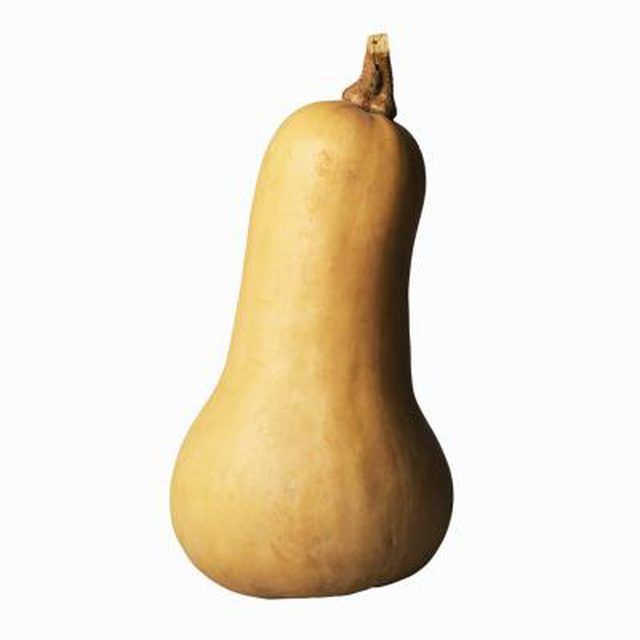Bulbs
Flower Basics
Flower Beds & Specialty Gardens
Flower Garden
Garden Furniture
Garden Gnomes
Garden Seeds
Garden Sheds
Garden Statues
Garden Tools & Supplies
Gardening Basics
Green & Organic
Groundcovers & Vines
Growing Annuals
Growing Basil
Growing Beans
Growing Berries
Growing Blueberries
Growing Cactus
Growing Corn
Growing Cotton
Growing Edibles
Growing Flowers
Growing Garlic
Growing Grapes
Growing Grass
Growing Herbs
Growing Jasmine
Growing Mint
Growing Mushrooms
Orchids
Growing Peanuts
Growing Perennials
Growing Plants
Growing Rosemary
Growing Roses
Growing Strawberries
Growing Sunflowers
Growing Thyme
Growing Tomatoes
Growing Tulips
Growing Vegetables
Herb Basics
Herb Garden
Indoor Growing
Landscaping Basics
Landscaping Patios
Landscaping Plants
Landscaping Shrubs
Landscaping Trees
Landscaping Walks & Pathways
Lawn Basics
Lawn Maintenance
Lawn Mowers
Lawn Ornaments
Lawn Planting
Lawn Tools
Outdoor Growing
Overall Landscape Planning
Pests, Weeds & Problems
Plant Basics
Rock Garden
Rose Garden
Shrubs
Soil
Specialty Gardens
Trees
Vegetable Garden
Yard Maintenance
How to Grow Butternut Squashes in Square Foot Gardens
How to Grow Butternut Squashes in Square Foot Gardens. The square foot gardening method, developed by Mel Bartholomew, allows you to grow more plants in less space compared to conventional gardening practices. Butternut squash is considered a large plant when using this method, so it is assigned a full square foot per plant. Trellising the squash...

The square foot gardening method, developed by Mel Bartholomew, allows you to grow more plants in less space compared to conventional gardening practices. Butternut squash is considered a large plant when using this method, so it is assigned a full square foot per plant. Trellising the squash in the garden bed allows it to grow upright so it doesn't take up more than the allotted square foot of soil. A simple trellis consisting of wire netting stretched between two stakes is sufficient for supporting the squash.
Things You'll Need
Squash seedlings
Trellis
Plant ties
Plant one butternut squash seedling per square foot, utilizing the squares on the trellis side of the garden bed. Plant the seedlings at the same depth they were growing at in their seedling pots.
Water the plants one to two times weekly so the squash receives approximately 1 inch of moisture per week. Keeping the soil moist to a depth of 6 inches is sufficient.
Guide the squash vines onto the trellis netting once they are long enough to reach. Butternut squash vines primarily climb the trellis on their own, but tying the heavier vines in place loosely with a cloth plant tie makes the plant more secure.
Pinch the top of the vine off once it reaches the top of the trellis. Alternatively, guide the vine down the back side of the trellis, using plant ties to secure it in place.
Cut 1-foot-long strips from old T-shirts or other somewhat stretchy material. Tie the ends of the fabric strips to the trellis directly below each developing butternut squash so they form a sling. Place the squash inside the sling to support the fruit's weight as it grows.
Harvest the squash from the vine once it's mature. Butternut squash develops a hard rind and an even pale orange or light tan color when ripe.
Tips & Warnings
Plant the butternut squash on the north side of the garden bed so it doesn't block sunlight to any lower-growing plants in the front of the garden.
Sow squash seeds directly in the garden bed after the last spring frost instead of planting transplants.